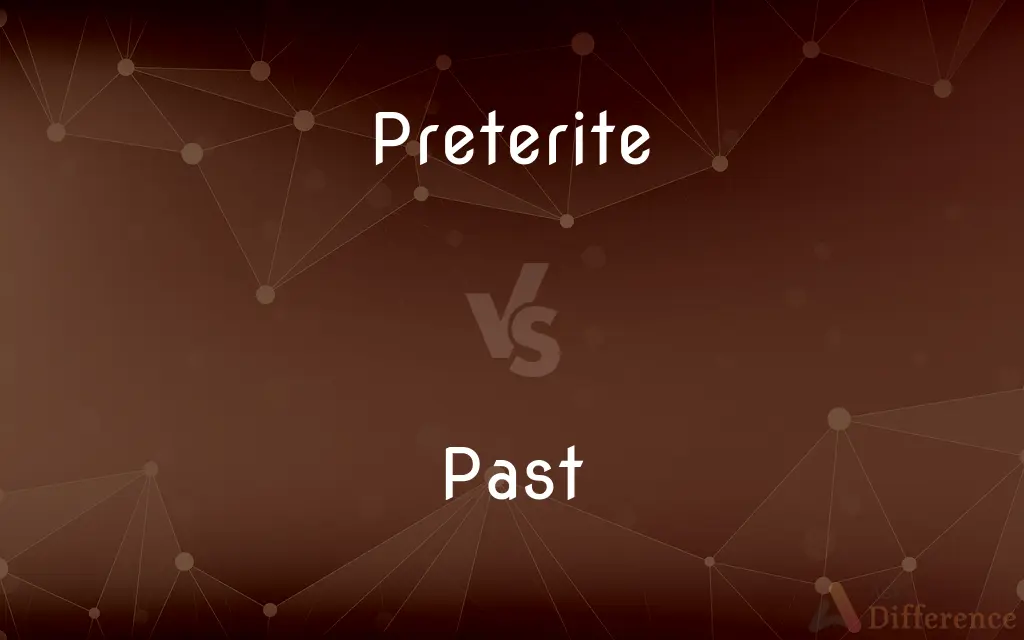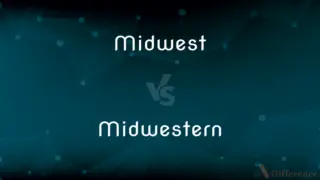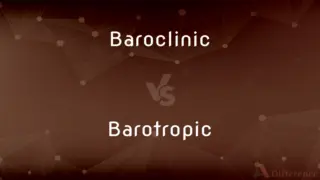Preterite vs. Past — What's the Difference?

Difference Between Preterite and Past
ADVERTISEMENT
Compare with Definitions
Preterite
The preterite or preterit (; abbreviated PRET or PRT) is a grammatical tense or verb form serving to denote events that took place or were completed in the past. In general, it combines the perfective aspect (event viewed as a single whole; it is not to be confused with the similarly named perfect) with the past tense, and may thus also be termed the perfective past.
Past
The past is the set of all events that occurred before a given point in time. The past is contrasted with and defined by the present and the future.
Preterite
Of, relating to, or being the verb tense that describes a past action or state.
Past
No longer current; gone by; over
His youth is past.
Preterite
The verb form expressing or describing a past action or condition.
ADVERTISEMENT
Past
Having existed or occurred in an earlier time; bygone
Past events.
In years past.
Preterite
A verb in the preterite form.
Past
Earlier than the present time; ago
40 years past.
Preterite
Showing an action at a determined moment in the past.
Past
Just gone by or elapsed
In the past few days.
Preterite
Belonging wholly to the past; passed by.
Past
Having served formerly in a given capacity, especially an official one
A past president.
A past inmate of a cell.
Preterite
(grammar) A grammatical tense or verb form serving to denote events that took place or were completed in the past.
Past
(Grammar) Of, relating to, or being a verb tense or form used to express an action or condition prior to the time it is expressed.
Preterite
Same as Preterit.
Past
The time before the present.
Preterite
A term formerly used to refer to the simple past tense
Past
Previous background, career, experiences, and activities
An elderly person with a distinguished past.
Past
A former period of someone's life kept secret or thought to be shameful
A family with a checkered past.
Past
The past tense.
Past
A verb form in the past tense.
Past
So as to pass by or go beyond
He waved as he walked past.
Past
Beyond in time; later than or after
Past midnight.
A quarter past two.
Past
Beyond in position; farther than
The house is a mile past the first stoplight. They walked past the memorial in silence.
Past
Beyond the power, scope, extent, or influence of
The problem is past the point of resolution.
Past
Beyond in development or appropriateness
The child is past drinking from a bottle. You're past sucking your thumb, so don't do it.
Past
Beyond the number or amount of
The child couldn't count past 20. See Usage Note at pass.
Past
The period of time that has already happened, in contrast to the present and the future.
A book about a time machine that can transport people back into the past
Past
(grammar) The past tense.
Past
Having already happened; in the past; finished.
Past glories
Past
(postmodifier) Following expressions of time to indicate how long ago something happened; ago.
Past
Of a period of time: having just gone by; previous.
During the past year
Past
(grammar) Of a tense, expressing action that has already happened or a previously-existing state.
Past tense
Past
In a direction that passes.
I watched him walk past
Past
Beyond in place or quantity
The room past mine
Count past twenty
What's the time? - It's now quarter past twelve midday (or 12.15pm).
Past
No longer capable of.
I'm past caring what he thinks of me.
Past
Having recovered or moved on from (a traumatic experience, etc.).
Past
Passing by, especially without stopping or being delayed.
Ignore them, we'll play past them.
Please don't drive past the fruit stand, I want to stop there.
Past
(obsolete) pass
Past
Of or pertaining to a former time or state; neither present nor future; gone by; elapsed; ended; spent; as, past troubles; past offences.
Past
A former time or state; a state of things gone by.
The present is only intelligible in the light of the past, often a very remote past indeed.
Past
Beyond, in position, or degree; further than; beyond the reach or influence of.
Until we be past thy borders.
Love, when once past government, is consequently past shame.
Past
Beyond, in time; after; as, past the hour.
Is it not past two o'clock?
Past
Above; exceeding; more than.
Not past three quarters of a mile.
Bows not past three quarters of a yard long.
Past
By; beyond; as, he ran past.
The alarum of drums swept past.
Past
The time that has elapsed;
Forget the past
Past
A earlier period in someone's life (especially one that they have reason to keep secret);
Reporters dug into the candidate's past
Past
A verb tense that expresses actions or states in the past
Past
Earlier than the present time; no longer current;
Time past
His youth is past
This past Thursday
The past year
The present leader
Articles for present use
The present topic
The present system
Present observations
Past
Of a person who has held and relinquished a position or office;
A retiring member of the board
Past
A verb tense or other construction referring to events or states that existed at some previous time;
Past participle
Past
So as to pass a given point;
Every hour a train goes past
Share Your Discovery

Previous Comparison
Midwest vs. Midwestern
Next Comparison
Baroclinic vs. Barotropic














































